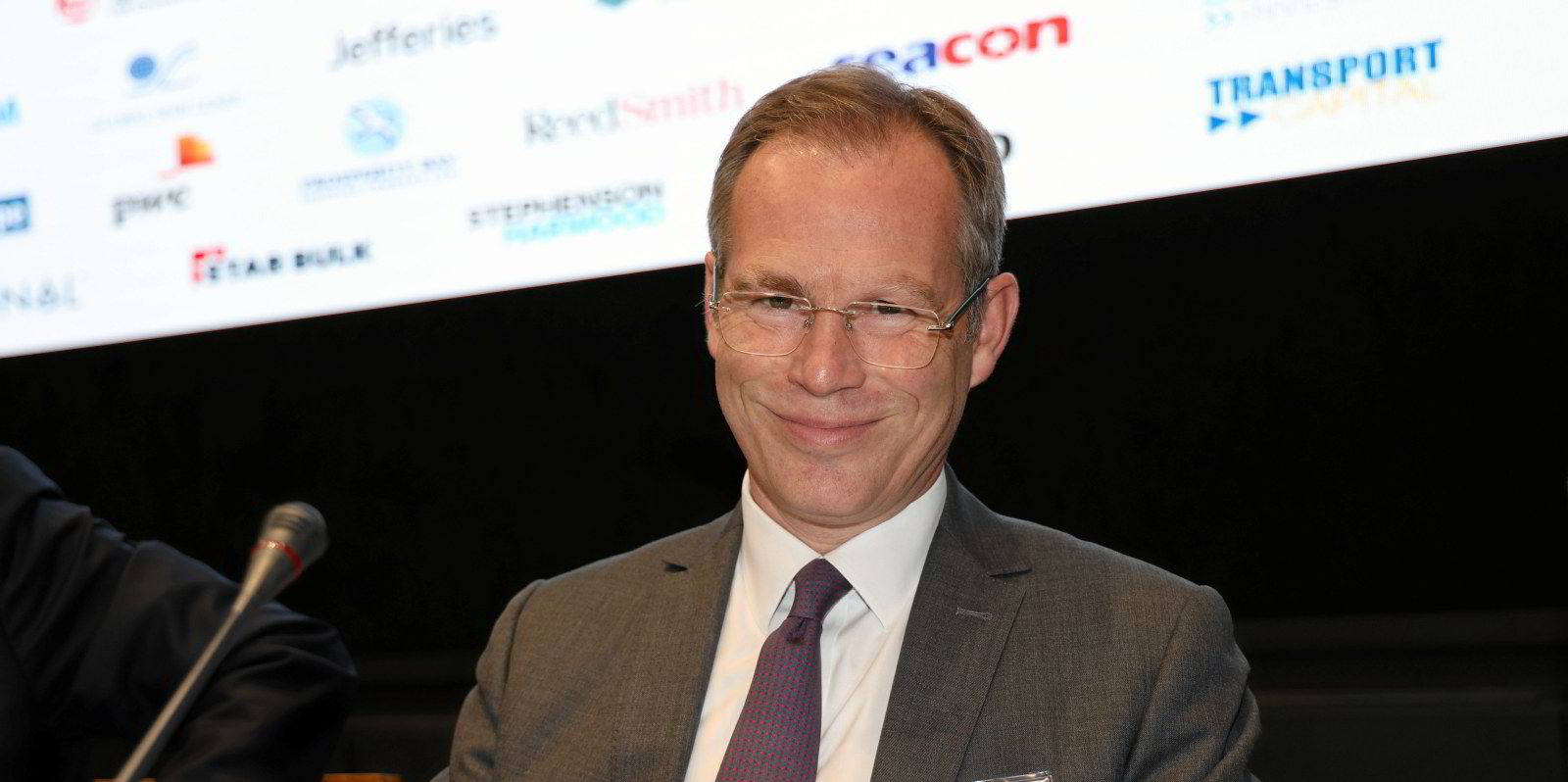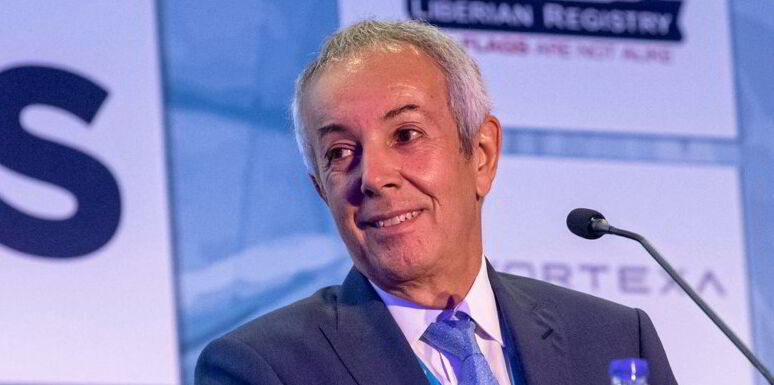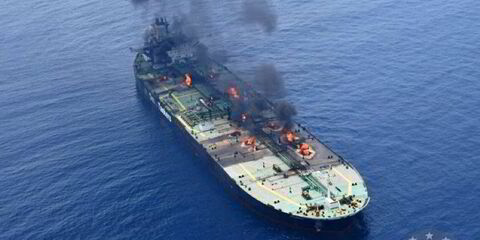Container ship tonnage provider Global Ship Lease (GSL) has been upgraded on expectations that it will become a “cash machine” in the next couple of years.
The New York-listed company has increased its charter coverage in a highly supportive rate environment, according to Clarksons Securities.
That warrants a revision in its target price from $20 to $31 — from around $27 at present.
The analyst also upgraded the stock from “neutral” to “buy”.
Days earlier, executive chairman George Youroukos said GSL is capitalising on the market to lock in as much charter coverage as possible, on both a prompt and forward basis.
“Over the next couple of years, we expect GSL to be a cash machine, with free cash flow to equity yield of 21% in 2024 and 34% in 2025,” analysts at Clarksons Securities noted.
GSL had secured 24 new charters or extensions for vessels of 2,200 teu to 8,000 teu in the six months to the end of June.
Bull market
The Red Sea situation continues to support the containership market, “driving up rates and charter appetite for longer contracts”, the analyst said.
“The tension in the Middle East has increased over summer, with the attacks in Yemen, Lebanon and Iran, and hopes of a swift return for seaborne trade to the Suez Canal are fading.”
GSL has forward-fixed a number of vessels in recent months.
Among them are the 8,603-teu MSC Tianjin (built 2005), MSC Qingdao (built 2004) and 6,572-teu Agios Dimitrios (built 2011), which were forward-fixed with MSC Mediterranean Shipping Company for a minimum three years for charters starting in the second and third quarters of the year.
These are expected to contribute to contracted revenue of $1.77bn at the end of the second quarter, up from $1.59bn in the previous quarter.
The average remaining charter term stands at 2.2 years, up from 1.9 years previously.
The average age of GSL’s fleet of 17.7 years had warranted a “cautious approach” to the stock valuation, Clarksons Securities said, based on current charter backlog and the fleet’s scrap value.
However, the fleet age also “gives significant operational leverage at a time of elevated rates, and … every new charter at these levels could increase the stock’s value”.







